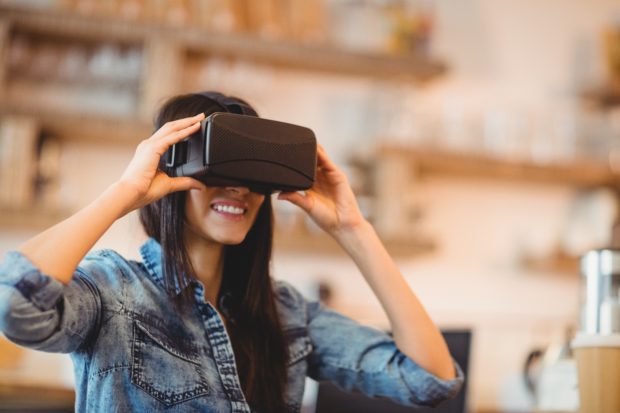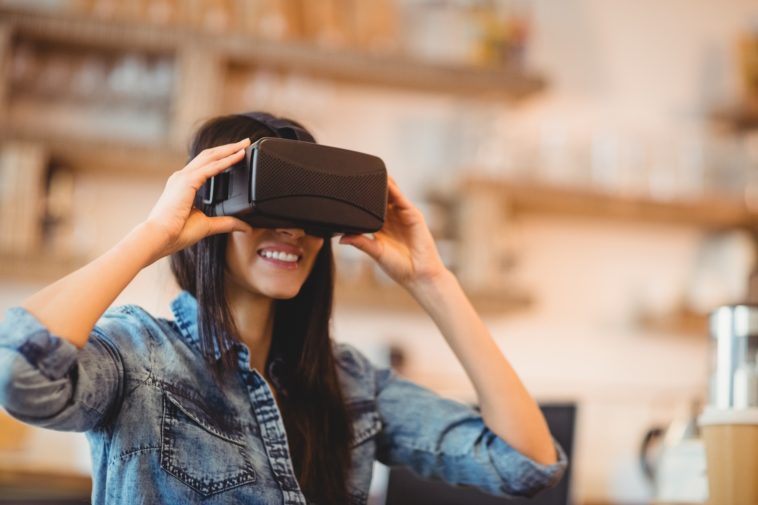Virtual reality is quickly becoming a new norm. Products like the Oculus Meta Quest and Playstation’s VR headset have boomed in popularity.
But, what can these world-altering headsets tell us about our psyche?
A new study, conducted by the Max Planck Institute for Human Cognitive and Brain Services in Leipzig, Germany, aimed to understand what emotions occur in a headset user’s brain while experiencing these hyper-real simulations.
Past experiments meant to gauge emotion through brain activity have not been as successful. This is because such realistic reality-altering goggles were not available until recent years.
Instead, researchers would traditionally show study participants static images. Simple photos are not nearly the same as a lived or seemingly lived experience, though. Thus, past studies were not very emotionally exciting.
With the aid of virtual reality, recreating experiences to understand humans’ emotional responses has become much more attainable.
In this study, participants got to experience a roller coaster ride that zigged, zagged, passed through fire, climbed into the sky, and then plummeted into a dark abyss.
Understandably, actually feeling like you are falling on a rollercoaster produces much more realistic brain signals than looking at a picture of a rollercoaster drop.
Thus, the study found a link between alpha oscillations– a form of brain activity– and the degree of emotional excitement experienced.

Sign up for Chip Chick’s newsletter and get stories like this delivered to your inbox.


